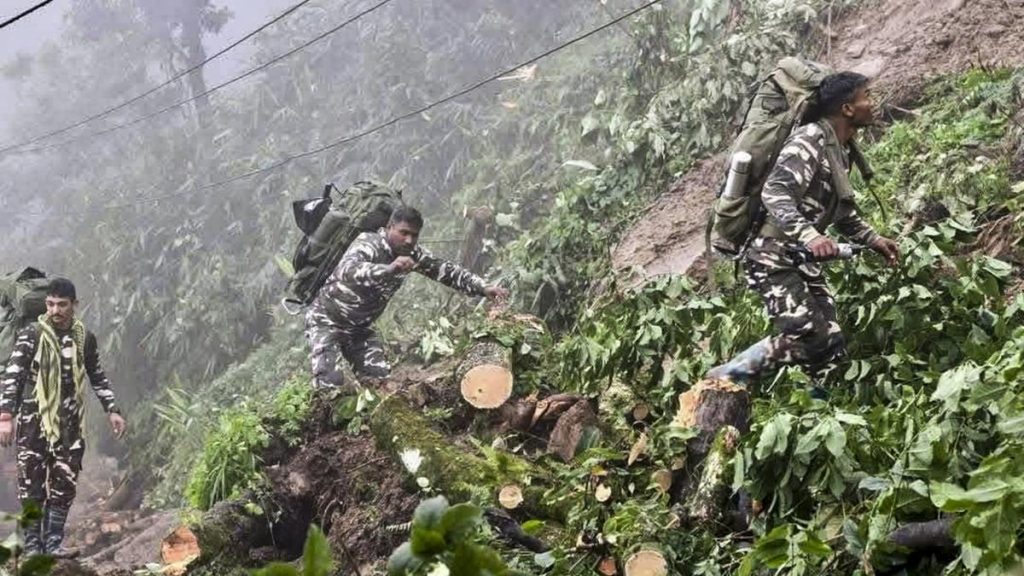Now Reading: NIOT Unveils Indigenous Ocean Monitoring System for Fishing Boats
-
01
NIOT Unveils Indigenous Ocean Monitoring System for Fishing Boats
NIOT Unveils Indigenous Ocean Monitoring System for Fishing Boats

Fast Summary
- The National Institute of Ocean Technology (NIOT), Chennai, has developed a real-time ocean observation system that can collect data such as water temperature, salinity, and depth in shallow waters like estuaries.
- Designed by NIOT’s Ocean Electronics Group led by S.Muthukkumaravel, the equipment is shaped like a fish head and attached to a winch for continuous profiling of the water column during boat movement.
- Unlike moored buoys, this system can move and record data up to depths of 150 meters depending on the winch cable length.
- It is equipped with a bathymetric device to prevent disturbance to the ocean floor while stopping 5 meters short before reaching it.
- Applications of this technology include climate change modeling and aiding in weather forecasting systems.
- NIOT plans systematic pre-and post-monsoon surveys along five river mouths on Tamil Nadu’s coast for coastal ecosystem management and marine health monitoring.
Indian opinion Analysis
The indigenously-developed observation system marks an important step toward strengthening India’s maritime research capabilities. Its adaptability, leveraging fishing boats for deployment in shallow waters, broadens access to vital oceanographic data in regions often overlooked by conventional systems like fixed buoys. This innovation could play a key role in understanding climate change impacts at local levels while supporting operational goals such as accurate weather forecasts and sustainable coastal ecosystem management.
Conducting targeted surveys along Tamil Nadu’s coast using this new system demonstrates proactive measures toward improving marine health monitoring efforts amidst growing concerns about environmental resilience due to climate variability. However,its long-term success will depend on sustained implementation across diverse regions coupled with effective integration into broader scientific frameworks tackling ecosystem degradation challenges.
Read More: Published September 14, 2025
























